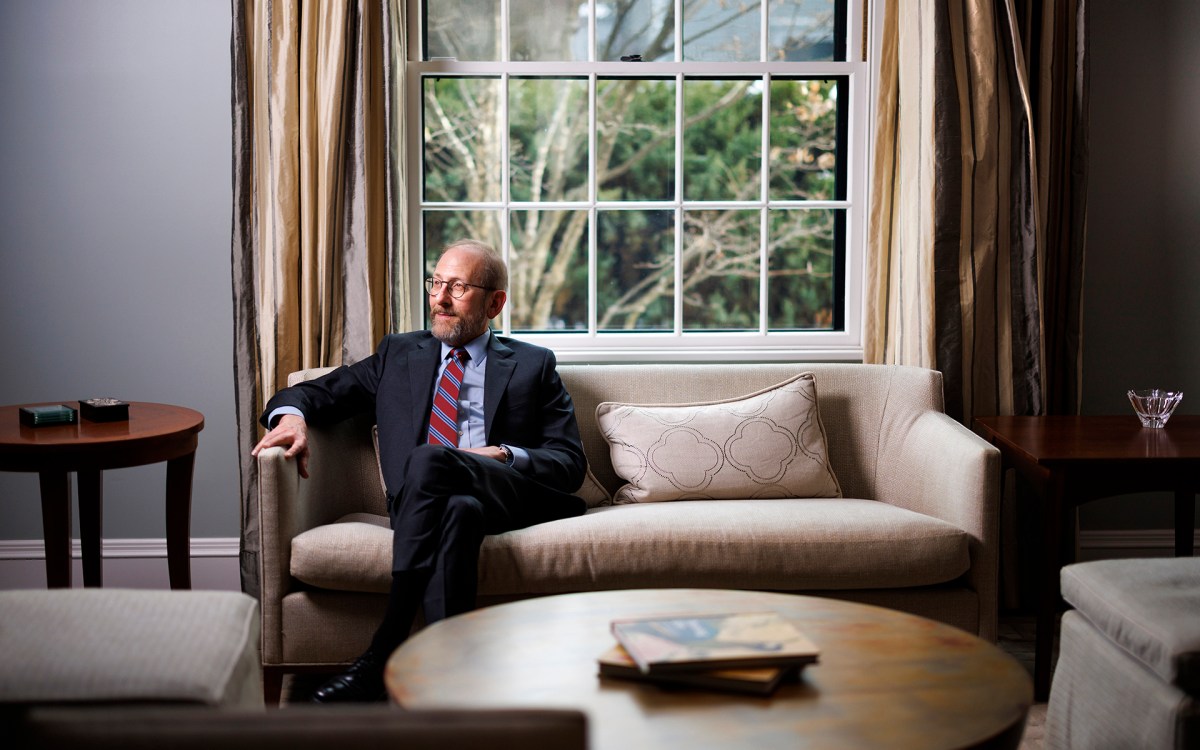Task Forces on Women release findings
Calls for changes in faculty recruitment, support for women, underrepresented minorities
Harvard’s Task Forces on Women Faculty and on Women in Science and Engineering, appointed three months ago to address concerns of women faculty and women in science throughout the University, Monday (May 16) released reports calling for large-scale changes in the way the University recruits faculty and supports women and underrepresented minorities pursuing academic careers.
Emphasizing the need for prompt but sustained action by the University, the Task Forces propose a series of reforms and enhancements to the way women pursuing science and engineering are treated at every point along the “pipeline,” from undergraduates to graduate students to postdoctoral fellows to the faculty ranks. In addition, they propose various measures to enhance the diversity of the faculty ranks at Harvard across all fields and to improve the climate and prospects for faculty once on campus. A centerpiece of the recommendations is the appointment of a senior vice provost for diversity and faculty development – a new position to be created in the University’s central administration to oversee faculty appointments processes, with a particular charge to increase the representation of women and other underrepresented groups within Harvard.
“At the outset of this effort, I stated that this was a moment of great opportunity for Harvard,” said Radcliffe Institute Dean Drew Gilpin Faust, who was asked by Harvard President Lawrence H. Summers to join with Provost Steven E. Hyman in leading the Task Force efforts. “The Task Forces have produced recommendations that promise to transform not only opportunities for women and underrepresented minorities at Harvard, but the culture of the entire University community. It is important to recognize that the issues addressed in these reports are deep-seated, and progress will require continuing attention and sustained commitment for many years to come.”
“These recommendations will receive our most careful consideration,” said Summers. “Because they address fundamental issues about the way we conduct our core academic business, they have the power to make Harvard not only more welcoming and diverse, but a stronger and more excellent university overall. We will begin immediately to implement certain of the proposals that are fully developed and to explore those that require further analysis.




